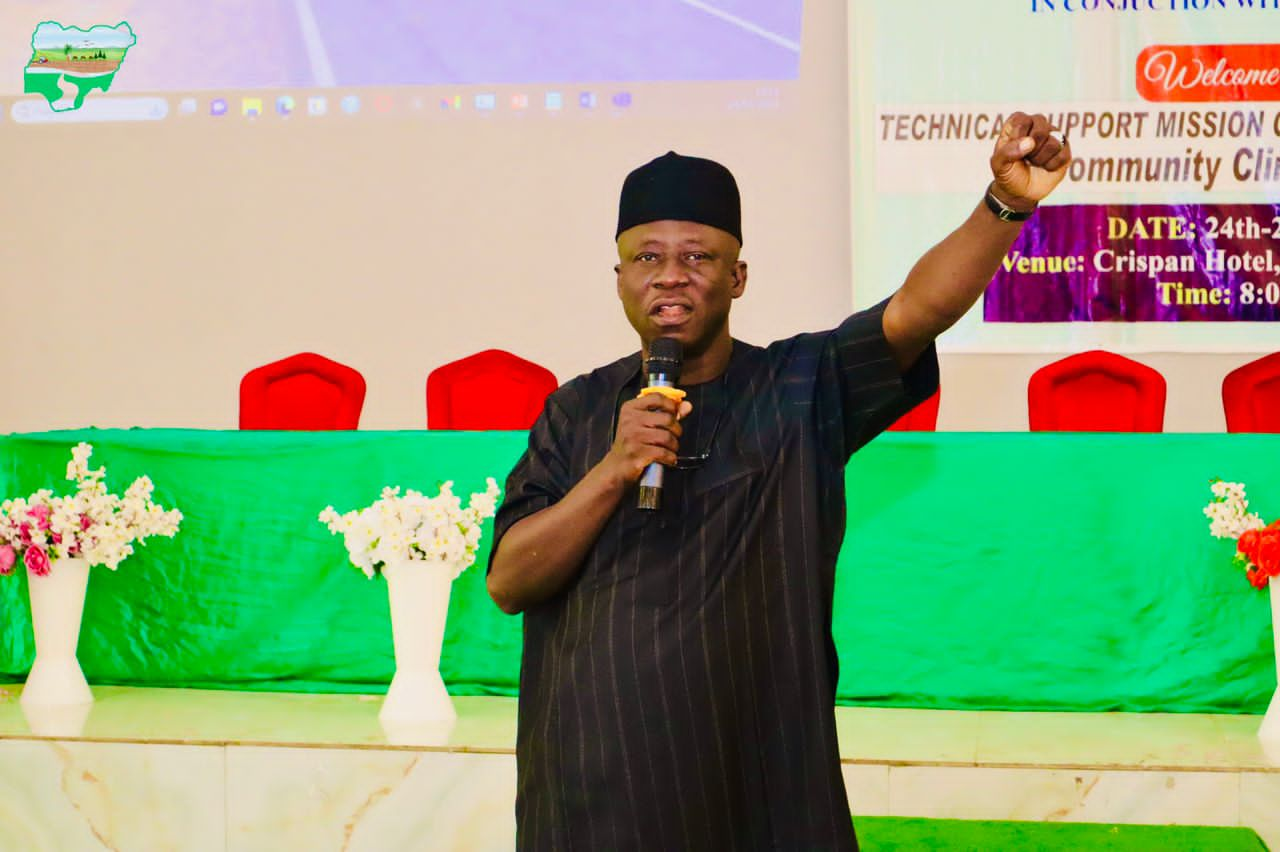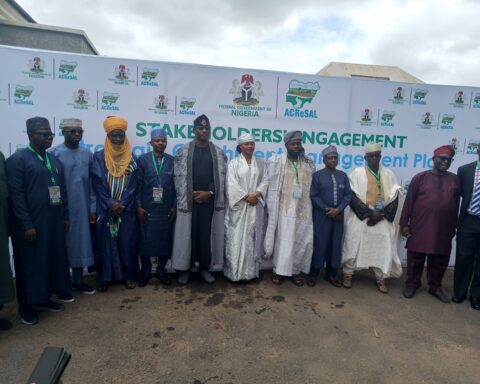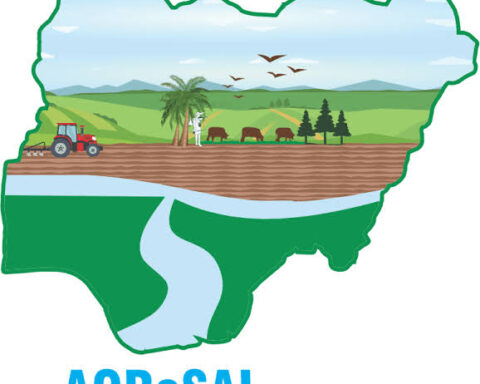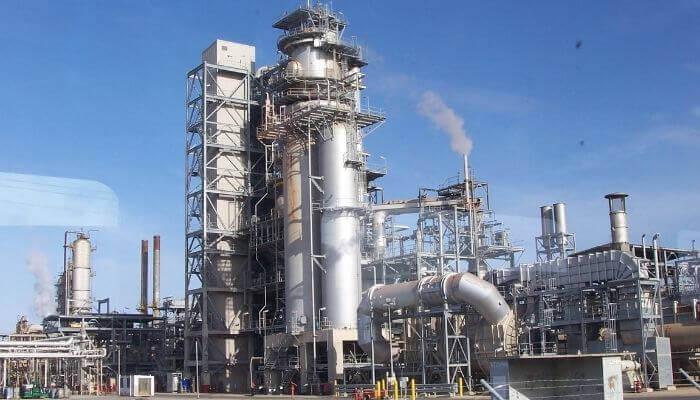The Agro-Climatic Resilience in Semi-Arid Landscapes (ACReSAL), has taken steps to tackle environmental degradation, to boost agricultural production in Nigeria’s 19 Northern states, and the FCT.
Mr. Abdulhamid Umar, ACReSAL National Coordinator of ACReSAL Project, a World Bank-supported project, made the disclosure on Monday, July 24, 2023, in Jos, at the opening session of a-2 day Technical Support Mission on the Project Component B: Community Climate Resilience taking place in Jos, Plateau State.
Umar said that 250 participants were in Jos to deep dive into Component B of the project, which deals with issues of landscape restoration for the benefit of agriculture and improvement of the people’s livelihood.
He said the move was imperative, since agriculture was the mainstay of the people, but Climate Change and other human factors were adversely affecting it.
“So, we are here to have a deep dive and have a proper understanding of what Component B, seeks to deliver to our communities and our households.
“Statistics abound that the northern part of Nigeria is severely retarded, severely bashed, and severely damaged by climate change challenges.
“It has reached the extent that the landscape in the northern part of Nigeria is so degraded and disintegrated, such that it has led to massive migration of our people.
“If you count the 11 frontline states of northern Nigeria, where Sahara Desert incursion is so severe, like Borno, Yobe Jagawa, Katsina, Kano Sokoto and Kebbi, among others, you will agree with me that the landscape there is rapidly degrading,” Umar said.
According to him, ACReSAL is in Jos, because mining activities over the years have degraded the landscapes of Plateau, to the point that ponds have become death traps.
Mr. Garba Gonkol, the Plateau Project Coordinator of ACReSAL, lauded the state government for releasing its counterpart funds for the smooth take-off of the project, which started late last year.
According to Gonkol, the topography of the state has many environmental challenges, including excessive erosion and flooding.
He also noted that the rampant and uncontrolled mining activities ongoing in many parts of the state were degrading the landscape.
On her part, Dr Joy Agene, the project’s Task Team Leader, urged the states to develop proposals that were implementable and in line with the project focus.
Agene said that already, seven states had submitted their proposals, so they could now assess and see how they could better deliver on their mandate.
She urged the people to focus on internalizing the framework, and how it would be implemented.
Mr Manievel Sene, Lead of Component B, in his presentation, said that the component had B1 and B2, which deal with community strengthening and community investments respectively.








